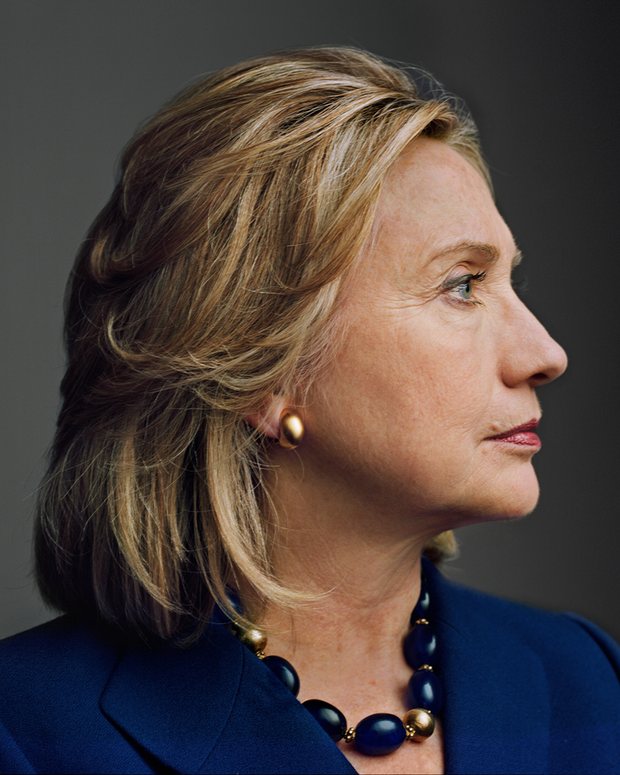On the US-Mexico border, Horacio, standing on the American side in southern Arizona state, is speaking to his father through the gaps in the iron pillar wall that divides the two countries.

They had not seen each other in nine years. Horacio’s father travelled nearly 1,000km from Sinaloa state in northwest Mexico to see him through the fence from the Mexican side of the border.
Horacio’s wife and children live here in the border town of Nogales, in Arizona. He cannot risk leaving the United States because he won’t be allowed to come back.
He is among the millions of undocumented migrants in the US, whom Donald Trump has threatened to deport if he is elected the president.
This is just one of the many examples in Arizona that show how personal this election has become. It is not just about the role of the military, the economy or the US role in the world. It is about how people’s lives will be affected if Trump wins the presidency.
“I am afraid,” Horacio, who declined to reveal his full name, told Al Jazeera. “My work permit could be revoked because I have to renew it every year. If Trump wins … what will happen to me?”
Grassroots initiative
Nobody really knows the answer to Horacio’s question. Trump has vowed to build a wall on the US-Mexico border to stop migrants from Latin American countries, particularly Mexico, from entering the US territory.
The Republican Party presidential hopeful has called Mexicans “rapists and murderers” .
But even though many of his speeches have generated fear, they have also generated rage.
The Latino population in Arizona has grown over the years. They now form one third of the total population of more than 6 million.
Historically they have not been active politically but since 2010, when Arizona passed the nation’s toughest immigration laws, they have become more vocal about their rights.
They are on the streets, knocking on every door and asking people to head to the polls.
Maria Rodriguez was deported in 2011 but was allowed to come back in 2014 because her two college-going children are in the United States. She has applied for political asylum in the US because, she says, her life is in danger in Mexico.
She is part of the BAZTA Arpaio campaign – a grassroots initiative driven by young Latinos against long-time Sherriff Joe Arpaio, of Maricopa County, Arizona.

“Arpaio has persecuted us, harassed us, he uses racial profiling. Arpaio has to go,” Rodriguez told Al Jazeera. Arpaio is seeking re-election this year and he calls himself Trump’s political soulmate.
Tougher border controls
People are mobilising like never before to stop Trump and his ally Arpaio. This does not mean that everyone likes Hillary Clinton – the Democratic presidential candidate. But many here say that right now it is the lesser evil.
But beating the Republican Party in Arizona is not easy. Out of the past 16 presidential elections, the Republicans were victorious 15 times.
“Arizona is Republican. More Latinos may be voting but they won’t beat us so easily,” Raymundo Torres, an Arizona resident, told Al Jazeera.

